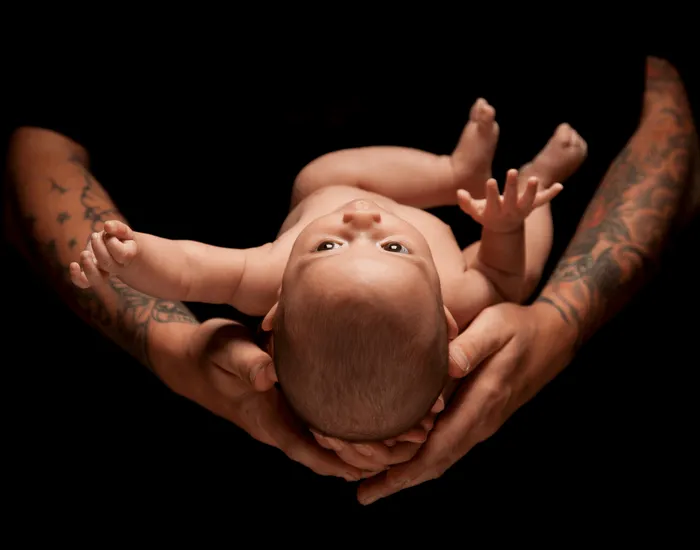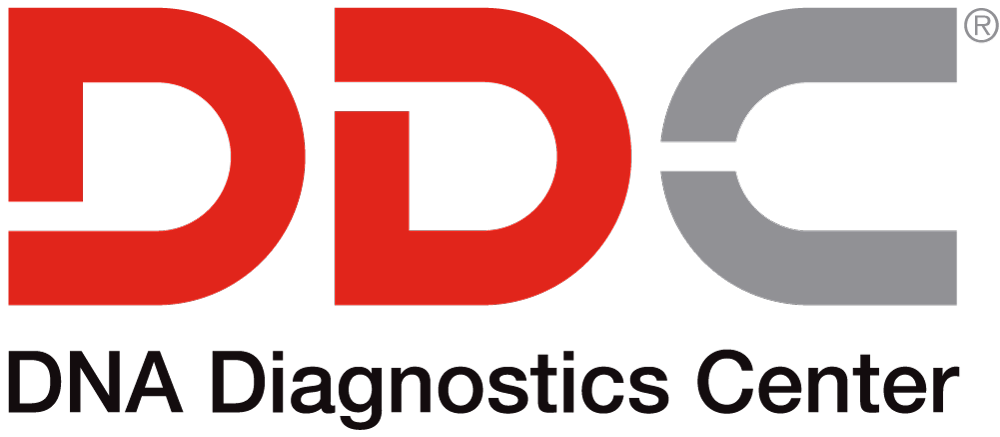AUGUST 13, 2018
How Accurate Are Home DNA Paternity Tests?

One of the biggest concerns customers may have when considering whether or not to purchase a home paternity test is if results will be accurate. It’s an understandable worry, since results often result in long-term consequences and can even help decide the very future of a family. Here is a brief overview, along with common questions we get about accuracy.
CALL FOR A FREE CONSULTATIONAre Home Paternity Tests Accurate?
If you use an accredited lab, you can be confident your home paternity test results are accurate for the samples provided to the laboratory. For at-home testing, the lab relies on test participants to make sure samples being analyzed by the lab belong to the correct people.
Is an At-Home Test Just as Accurate as a Legal One?
Once samples are at the laboratory, the process, technology, analysis, and safeguards in place to ensure accuracy are exactly the same for home paternity tests as they are for legal paternity tests with legal court-admissible results.
How Can Home Paternity Tests be Accurate if the Highest Probability of Paternity is only 99.99%?
Accuracy of DNA testing refers to the quality of the testing procedures used by the laboratory only (free from mistakes). It does not mean a guarantee of any given response on paternity results.
Because we all share so much of the same DNA with each other just by virtue of being human beings with similar genomes, paternity results must be given as a statistical probability of paternity. Since it’s not possible to test every man in the world with the same ethnic background as the tested man, the probability of paternity percentage can never be 100%. A 99% or higher percentage of probability is considered conclusive.
In summary:
In paternity testing, according to the genetic systems analyzed, the calculation of the probability of paternity results is generally 99.99% or higher for an inclusion. This is based on the accuracy of our genetic testing, sample handling, and reporting procedures, which involve utilizing complex computer systems and accurate data to generate the Combined Relationship Index and Probability of Paternity. If a man is determined not to be the biological father, then a 0% probability of paternity would be 100% accurate for a chain-of-custody test.
CALL FOR A FREE CONSULTATIONMathematical Details
Why a Home Paternity Test Can Never Result in a 100% Probability of Paternity
The probability of paternity is a result of using Bayes’ Theorem. This theorem is based on the prior probability. In a paternity test, we assume in most cases, that the prior probability that the alleged father is the biological father of the child is 50%. That means the calculations are not based on accusations (‘He said’ vs. ‘She said’). This is a standard prior probability to use in the paternity DNA testing industry because we, as a laboratory, have no prior information regarding the case. Therefore both paternity and non-paternity must have equal weight.
The probability statement in a paternity test is calculated based on the Combined Parentage Index (CPI), which is a likelihood ratio that measures the likelihood that the shared alleles (or markers) between the child and the tested man occur because he is the biological father, vs. if a random untested man were the biological father. It is a measure of the strength of the genetic evidence presented on the report.
This CPI in a paternity test is then used to calculate the probability that this man is the actual father of the child by using Bayes’ Theorem, which, as stated above, assumes a prior probability of 50%.
The equation shortens to CPI / (CPI + 1).
Because the denominator is always larger than the numerator, the Probability of Paternity on a paternity test can never reach 100%.
LEARN MORE ABOUT UNDERSTANDING TEST RESULTS >
Phew—Deep Breath!
When you start getting into the weeds of how paternity-testing results are calculated, the science and math get a little complicated. Since most of us aren’t geneticists, it can seem daunting. But here’s the bottom line: “Are home paternity tests accurate?” Yes! You can expect to see the exact same results for a home paternity test as you would for a legal, court-admissible test if all DNA samples submitted are from the exact same people.
About DNA Diagnostics Center (DDC)
DNA Diagnostic Center is the world leader in paternity and relationship testing. We serve healthcare professionals, government agencies, and individuals around the world to determine family relationships with trusted accuracy.
More Questions? Don’t hesitate to call us: we’re here to help!
CALL NOW




